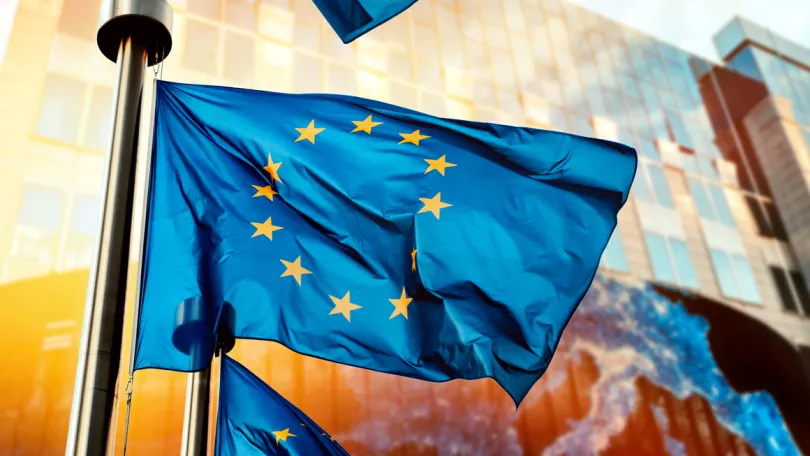
MEPs are calling for the #European Union to play a prominent role in shaping virtual worlds that uphold EU values and fundamental rights, while also prioritizing consumer protection. In a draft report adopted by the Internal Market and Consumer Protection Committee, MEPs expressed their support for the opportunities and policy implications of virtual worlds in the single market.
Consistency with Existing Digital Rules
The European Commission's strategy on #Web 4.0 and virtual worlds defines virtual worlds as persistent, immersive environments based on 3D and #extended reality (XR) technologies. While specific legislative measures have not been proposed yet, MEPs are urging the Commission to regularly assess the adequacy of existing digital rules and introduce new legislation when necessary.
EU Should Lead the Way
Currently, virtual worlds are primarily developed by companies outside the EU that possess the necessary resources and financial capabilities. MEPs emphasize that the EU should take the lead in developing virtual worlds that align with EU values, fundamental rights, and the highest standards of consumer protection. They call for the establishment of a level playing field to support European businesses, the creation of a suitable policy framework, engagement in international dialogues with like-minded countries, and the promotion of responsible use of these technologies among citizens.
Opportunities and Risks
MEPs recognize the economic, employment, and educational opportunities that virtual worlds can offer. They stress the importance of investing in infrastructure, research, innovation, and skills to fully harness these benefits. However, they also express concerns about potential health issues, such as addiction, cyber sickness, sleep disturbances, and their impact on children's cognitive development. MEPs also raise concerns about sensitive data processing, intellectual property rights, cyber violence, financial fraud, and environmental impact.
The draft report advocates for the implementation of safe design practices, parental control measures, information campaigns, digital literacy initiatives, and further research on associated risks. Additionally, the report emphasizes the importance of ensuring that virtual worlds are open, inclusive, and accessible to enhance the participation of individuals with disabilities.
"Europe cannot afford to lag behind in the next digital revolution, nor can we repeat past mistakes. As we enter the era of Web 4.0 and the development of virtual worlds, we must establish a foundation rooted in strong EU digital rules, guiding principles, and values. Europe must lead this transition, placing citizens at the heart of our digital future!"rapporteur Pablo Arias Echeverría (EPP, ES) stated
Virtual worlds, also known as #metaverses, are expected to have a significant impact on various aspects of people's lives, including #manufacturing, #medicine, #education, #entertainment, commerce, and the public and military sectors. Recognizing this, the European Commission presented a strategy on Web 4.0 and virtual worlds in July 2023 to guide the next technological transition and ensure an open and secure digital environment for EU citizens, businesses, and public administration.




























